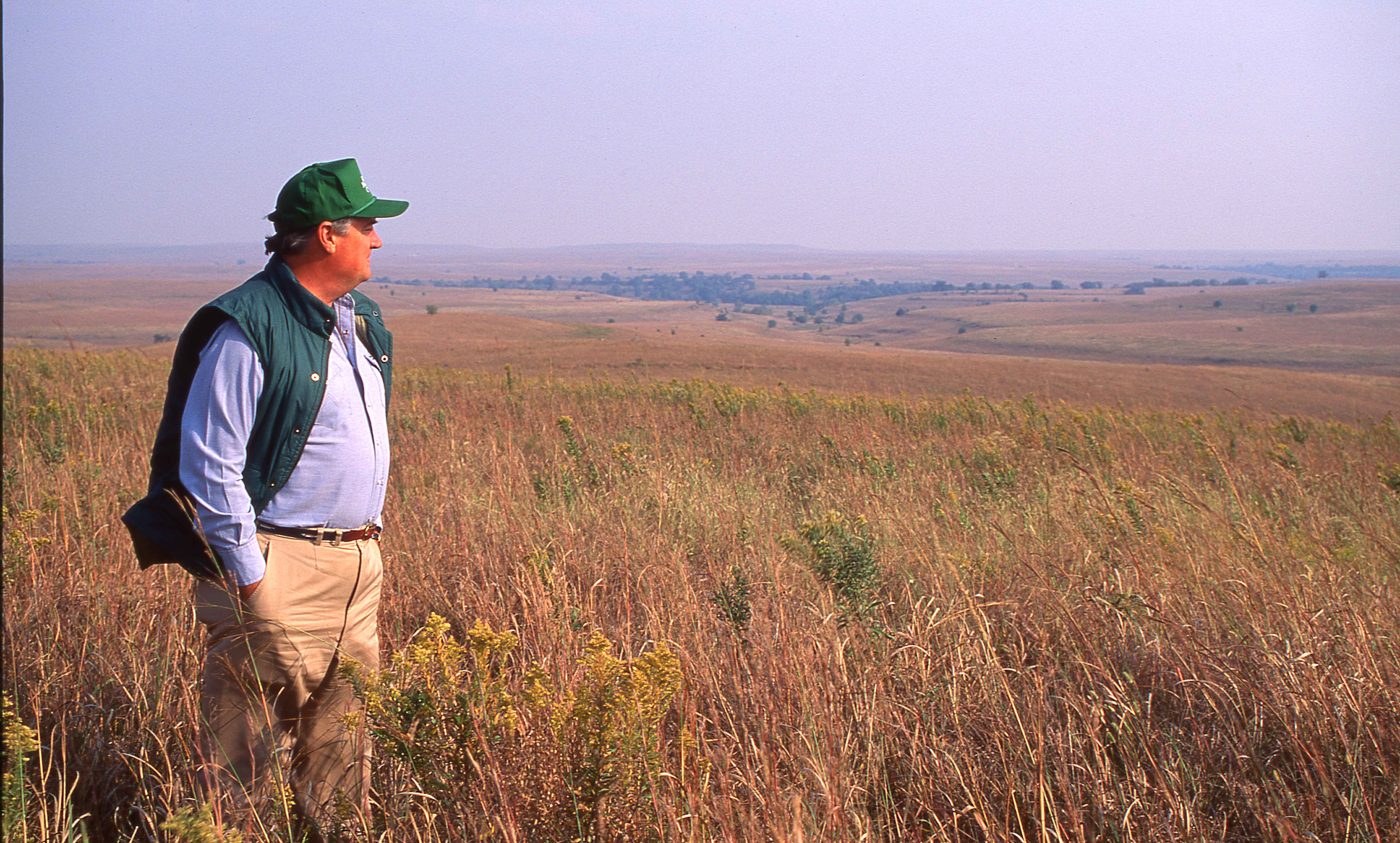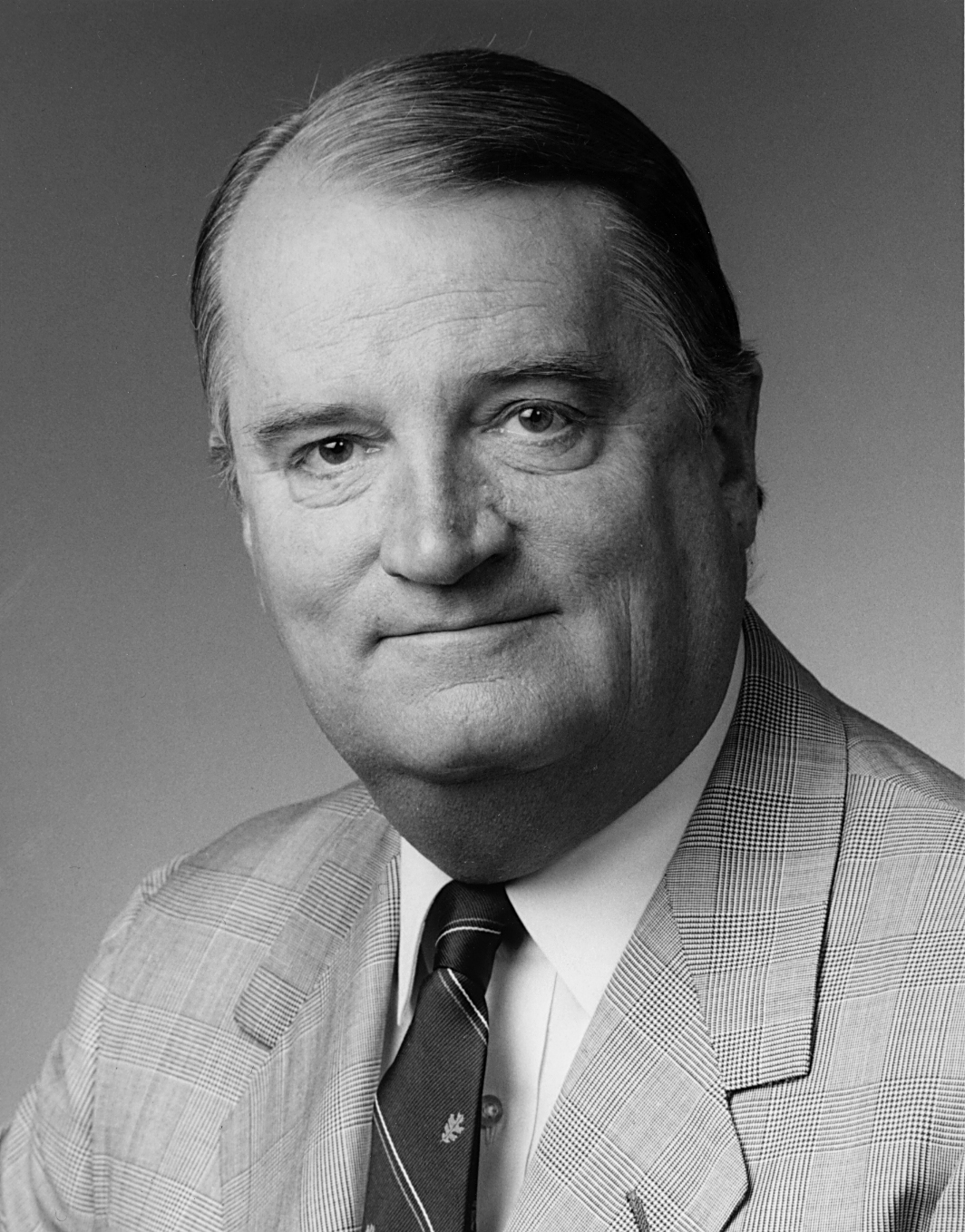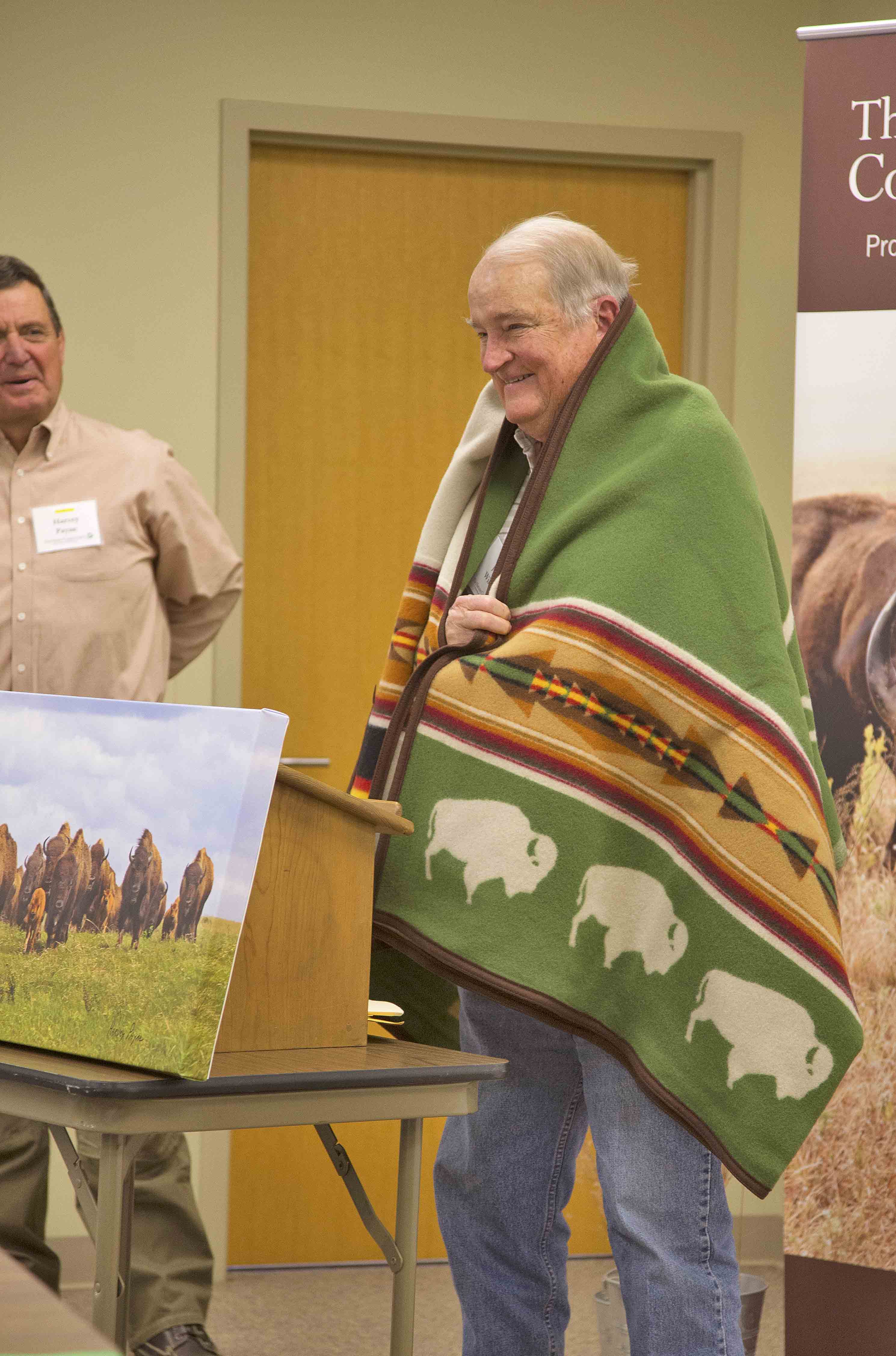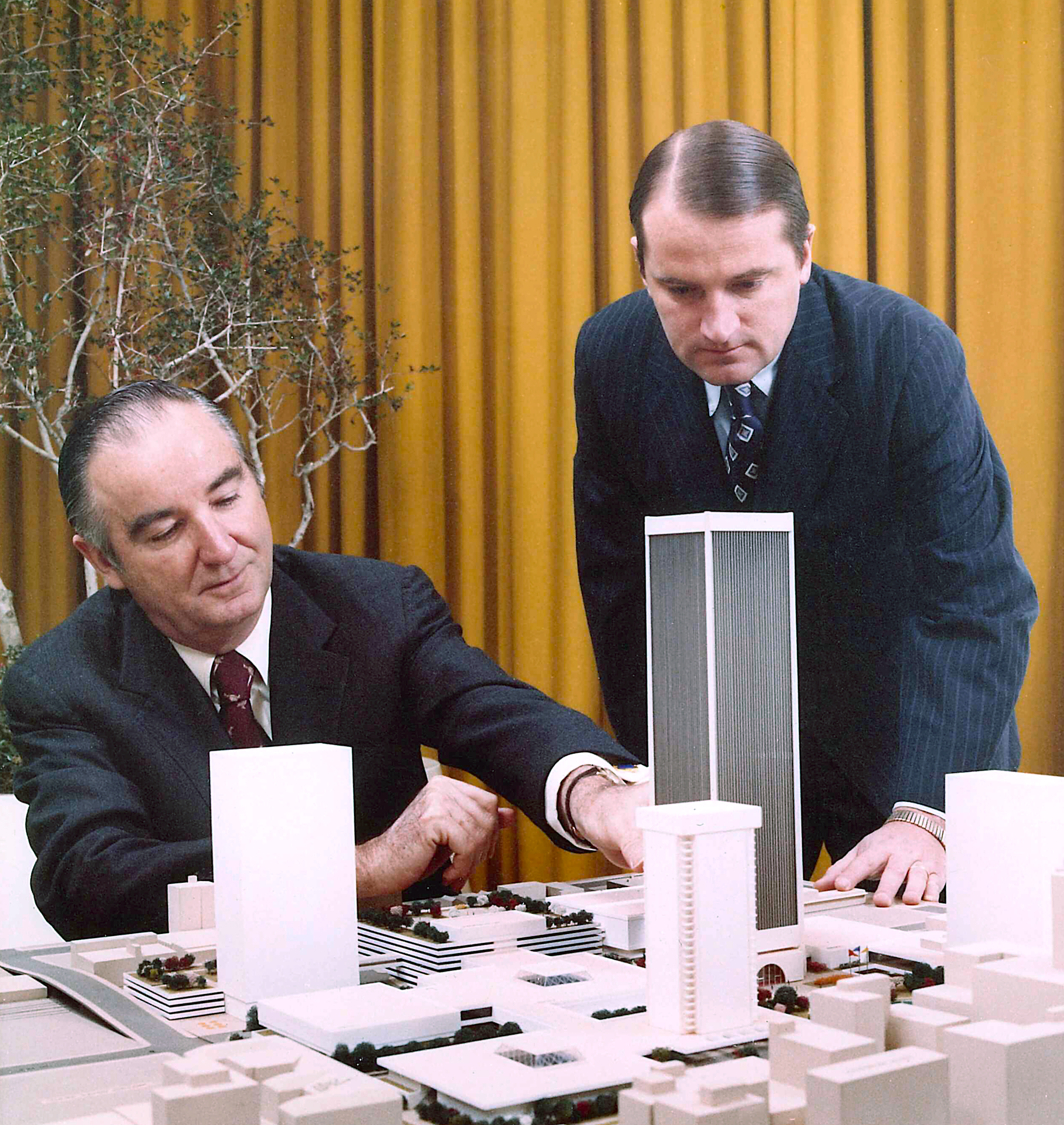Williams honors the memory of former chairman and CEO Joseph H. “Joe” Williams, who died April 27, 2023, at age 89 in South Carolina.
Joe spent 35 years at Williams, the last 15 as chairman and chief executive officer. The son of David Williams, one of the original co-founders of Williams, Joe followed his cousin John Williams as CEO and served in that role from 1979 to 1994, when he retired. He was the last member of the Williams family to lead Williams.
“Joe was a great leader and set Williams up for long term success with his ability to focus on the horizon. He had the right mix of optimism for the future and hard nose questioning of the status quo to keep the organization both inspired and on its toes. His intellectual curiosity kept the company truly embracing change for the opportunities it offered,” said Alan Armstrong, Williams president and CEO.
“Joe loved the company and always provided me with a great deal of support even when times were tough,” he said. “The Williams culture of doing things right and taking care of the environment is alive and well today thanks to Joe’s strong leadership and foresight. I will miss my update calls with him.”
Born in 1933, Joe Williams was a 1956 graduate of Yale University and served two years as an artillery officer in the U.S. Army. At John Williams’ urging, he then joined Williams as a timekeeper with the promise he would be able to work overseas. He later led pipeline construction in Iran for seven years – a challenging role he cherished, before returning to Tulsa.
Before taking the helm at Williams, Joe was executive vice president from 1968 to 1971 and president and chief operating officer from 1971 to 1978.
When he became CEO, he was able to anticipate the challenges of the late 1980s and early ’90s. By resetting goals and through restructuring, the company weathered a chaotic period in the pipeline and energy industries.
“Had the sweeping changes of our restructuring not been successfully accomplished, the Williams of today would not exist,” Joe Williams said about that time in the Williams history book “Snapshots in Time.”
Under Joe’s leadership, Williams refined its investment strategy. It acquired Northwest Pipeline and embraced technology as Williams became the first to use satellite communications for field operations.
“Every day there was a new horizon, a new challenge, a new company to run,” he said in “Snapshots in Time.”
“I always woke up with optimism. I found in my own makeup that when things got really tough, rather than wanting to run, I wanted to fight. It was an incentive, or challenge, to try to solve the problem rather than flee from it.”
“Joe was the last family member to lead the company and felt a real stewardship responsibility with regard to that,” said Keith Bailey, who succeeded Joe Williams and was chairman and CEO from 1994 to 2002.
“His personal passion revolved around his leadership of the Nature Conservancy, both locally and nationally,” he said. “Perhaps his proudest moment I saw over the years was when he was awarded a ceremonial blanket by Chief Standing Bear to celebrate his role in the creation of the Tallgrass Prairie. That is a timeless legacy that only exists because of his commitment to making it happen.”
Conservation legacy
In the late 1980s, Joe – along with a handful of other influential Oklahoma business leaders – recognized a natural treasure next door to Tulsa that needed to be safeguarded. Iconic, untouched grasslands in Osage County were part of vast ranches that were being sold into smaller parcels for development. This native prairie was the largest single tract of remaining tallgrass prairie in the world and, according to Joe, it deserved to be protected.
During a time when the economy was weak and investment dollars were hard to come by, Joe marshaled efforts to purchase the 29,000-acre Barnard Ranch, allowing Oklahoma’s fledgling Nature Conservancy to create its flagship sanctuary, the Tallgrass Prairie Preserve. It now encompasses 40,000 acres and is home to 2,500 bison which roam 23,500 acres of open range. It is also home to research of native grass species and wildlife.
“Without Joe’s strong leadership, it never would have happened,” said Harvey Payne, an Oklahoma lawyer who worked closely with Joe to champion the creation of the prairie and was the first preserve director.
“He never wanted any acclaim for any of his good causes,” he said. “He was a very modest and humble fellow who did things for the right reason. He wanted to see good things done.”
Joe, who also served as chair of the state and then the national Nature Conservancy, was honored in 2015 for his work when the Conservancy renamed the Osage County treasure as the Joseph H. Williams Tallgrass Prairie Preserve.
Joe’s legacy is also recognized at Tulsa’s Gathering Place. The main hall of the Williams Lodge, where community events and social functions take place, is named the Joseph H. Williams Community Room.




